Blogs from Ghana 4: Free Secondary High School
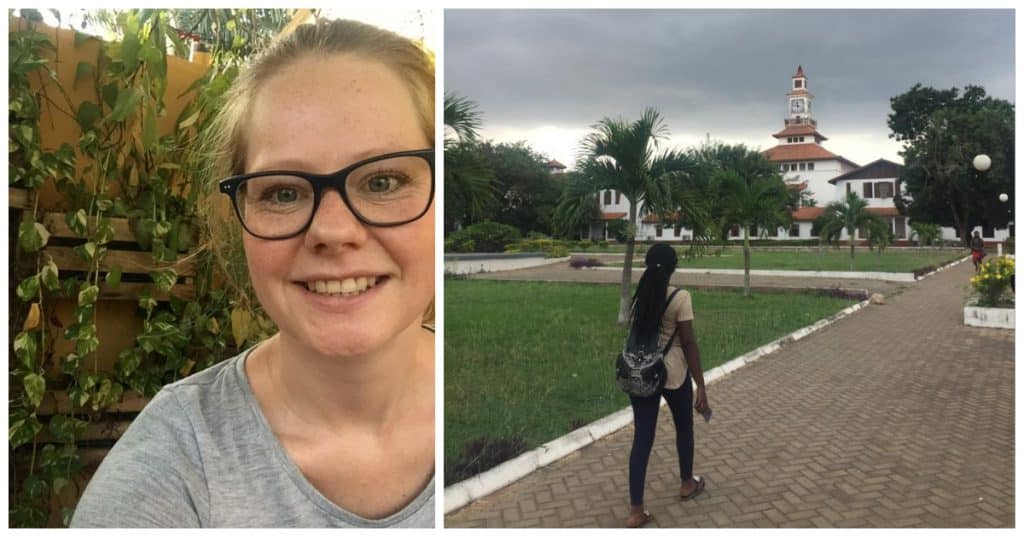
When talking about migration to people here in Ghana, education has always come up as one of the key issues in relation to this topic. Better education will provide better job opportunities to the youth and consequently reduce the number of potential migrants, is the line of reasoning.
Blogs from Ghana 3: Investment, but in the public or private sector?
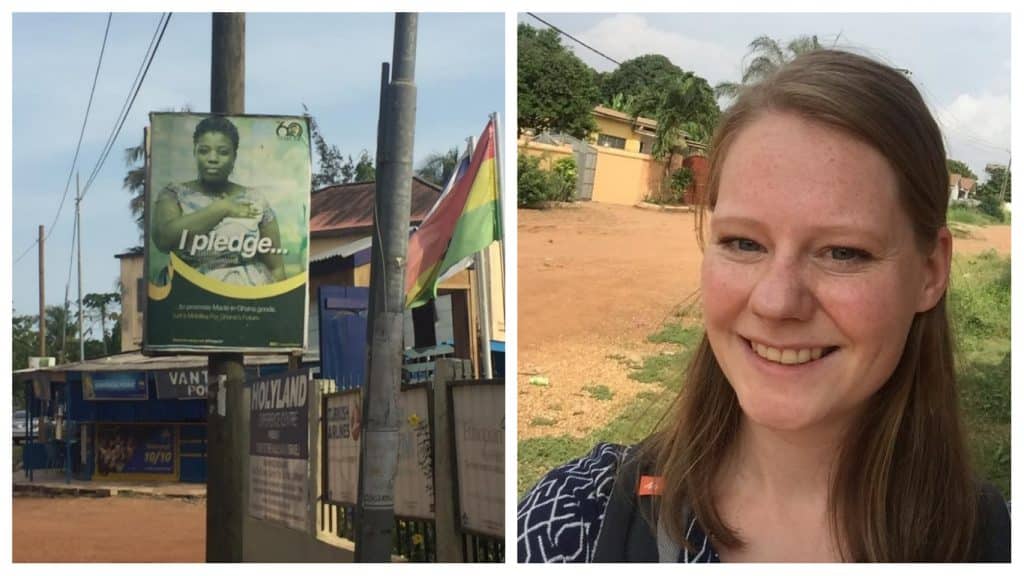
FMS researcher Anne is in Ghana to talk about migration. Why do people want to migrate? How do they see their future? And what policy could be implemented to prevent irregular migration? Read her newest story here!
Time flies and I am already halfway through my month in Ghana. Last week I had my first real meetings with stakeholders in Accra. I asked them how they see the future of Ghana? Why do people want to migrate? And what role can or should the EU play regarding irregular migration from Ghana to Europe? They gave me some interesting insights.
Blogs from Ghana 2: African Youth SDGs Summit: 'We need action
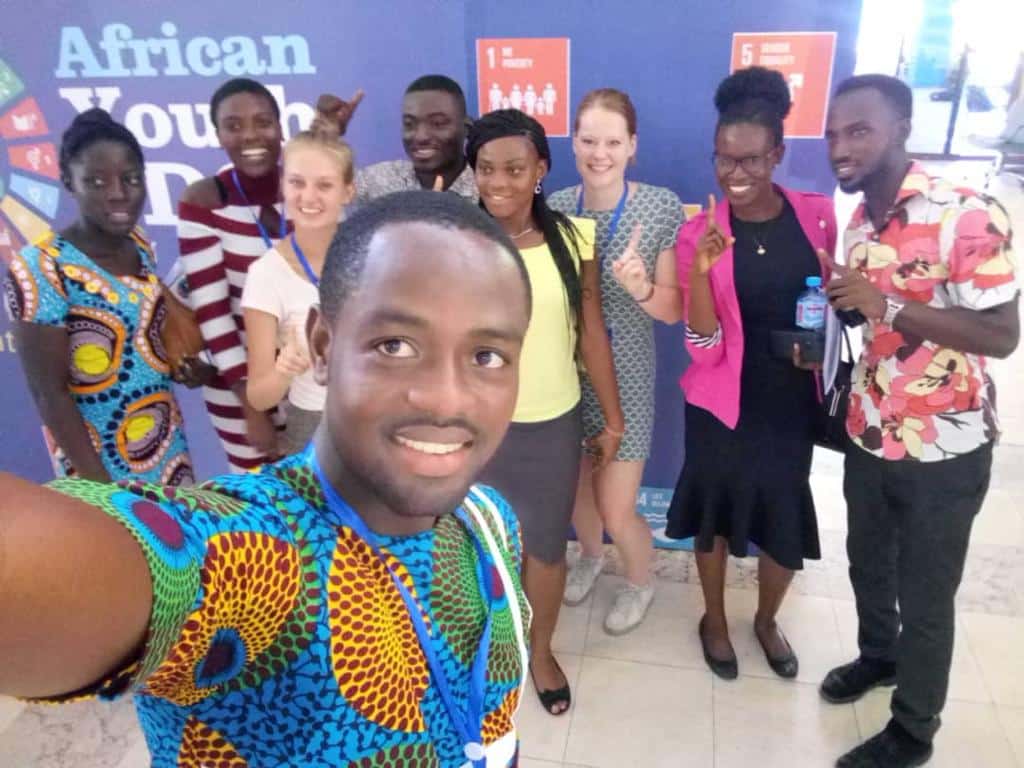
FMS researcher Anne is in Ghana to talk about migration. Why do people want to migrate? How do they see their future? And what policy could be implemented to prevent irregular migration? Read her newest story here!
Magazine 'Migration: African perspectives' is online!

The time has come! Today, FMS researcher Anne travels to Ghana for the FEPS and FMS research project 'Migration: African Perspectives' to spend a month researching the migration motives of African youth. What role does migration play in their lives? What policies can be put in place to give young people more prospects at home? And how do these young people envisage their future, in Ghana or beyond?
The situation of refugees in Turkey
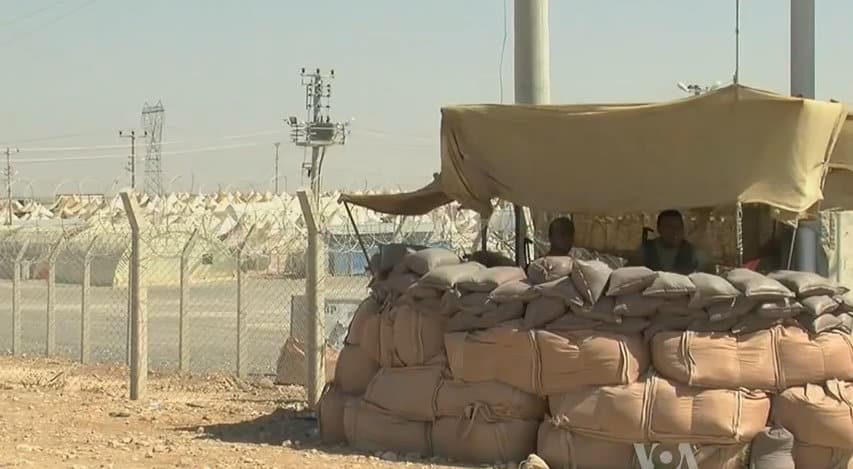
After the introduction of the Turkey-EU deal (2016), it seemed that the Syrian refugee crisis was largely over. The news was no longer dominated by images of overcrowded rubber boats filled with people trying to get to the Greek islands from Turkey. Yet the cause of the refugee crisis has not been resolved. The war in Syria continues unabated. In addition, the immediate motivation for those seeking to cross European borders were the poor living conditions in Turkey. In 2018, Turkey has around 4 million refugees. The majority are from Syria, along with people from Afghanistan, Iraq, Iran, Pakistan, and a number of other nationalities, including several African countries. The uncertainty and hopelessness in Turkey was the reason for many to undertake the dangerous and costly journey to 'Fortress Europe'. Has anything changed since then about the situation of refugees in Turkey, two years after the Turkey-EU deal?
Blogs from Ghana 1: How do you see your future?
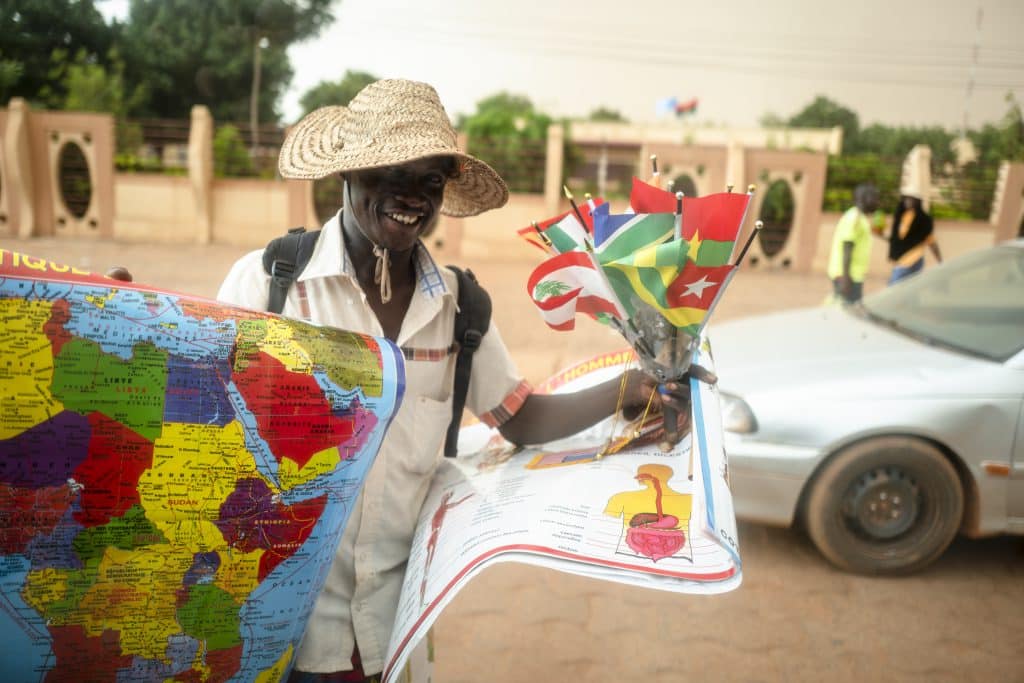
Do you ever think about this?
In less than two weeks, I will fly to Accra (Ghana) to conduct a research on the migration incentives of the African youth. Do they ever think about migrating? Do they think about living in Europe? Do they have family members and friends who live in another country? And how and where do they see their own future?
Discussing migration and social justice in Ouagadougou, Burkina Faso
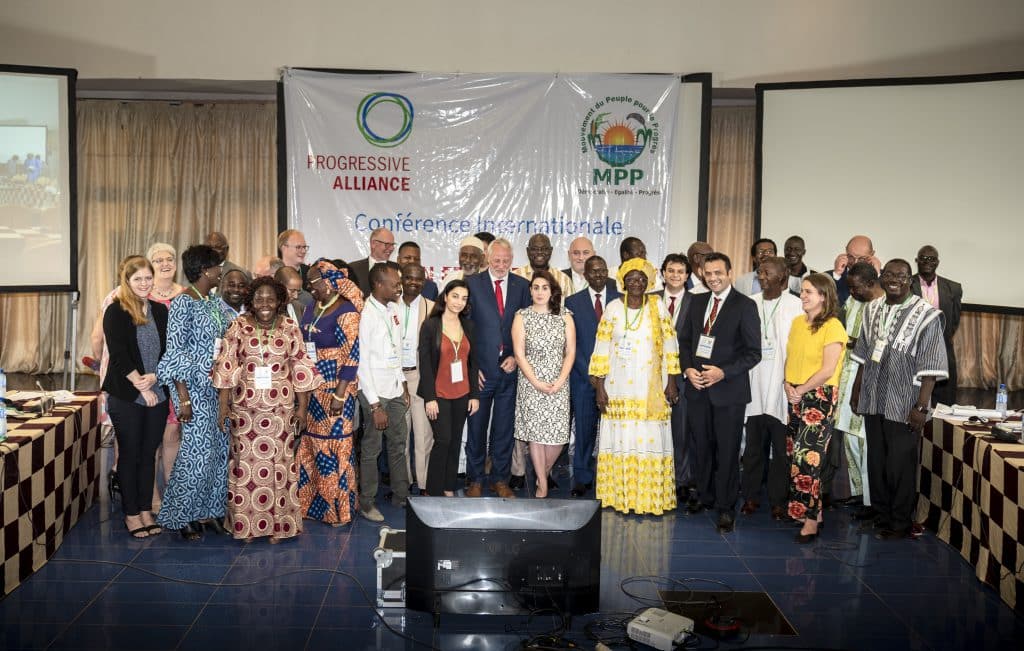
On October 12 and 13, the Burkinabe party People's Movement for Progress (MPP) invited members of the Progressive Alliance to Ouagadougou to discuss the topic of migration and social justice. FMS and FEPS are currently working on a study which aims to include African perspectives on migration in the European discussion on the topic. With more than 25 delegations represented during the seminar, of which many from African countries, it was a perfect occasion for us to learn more about the different African sentiments on this widely discussed issue.
UNited for a different migration
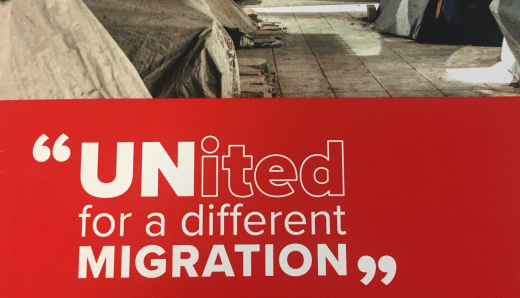
It's UN week in New York City! That means: Heads of State and Heads of Government from almost all the countries in the world visit New York to join the General Assembly of the UN. This 73rd session of the General Assembly opened on the 18th of September and lasts until the 5th of October. Besides everything going on in the buildings of the UN itself, there are many side events in the city. Including the "UNited for a different migration" conference, organised by the Foundation for European Progressive Studies (FEPS), of which FMS is a member.
Migration: viewpoint FMS
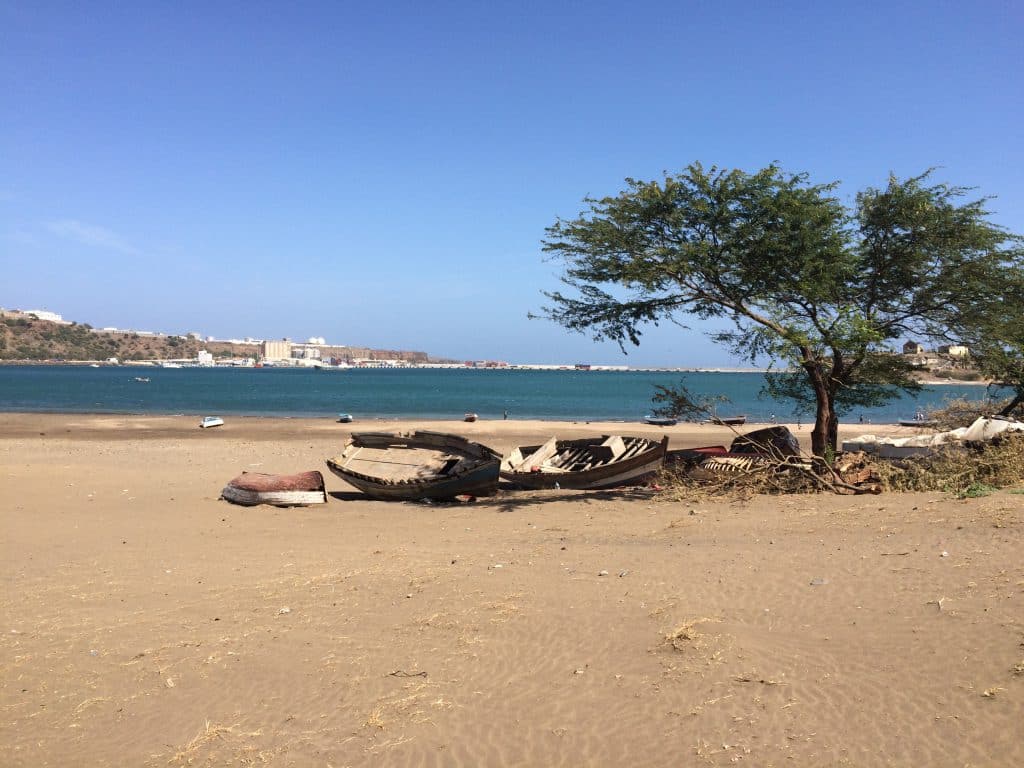
Migration is of all times and cannot be stopped. At best, it can be managed. The EU sees unregulated migration flows as one of the biggest challenges in its existence. We have set out a number of principles that a fair migration policy must meet.

